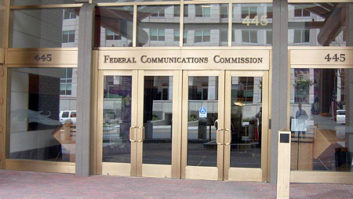I would like to take this opportunity to add my personal experience to “Don’t Be Blind to the Possibilities” authored by Jim Withers.
The date was April 14, 1997. The time was about 7 p.m. I made two telephone calls of almost identical words. They were to general managers of stations I serve on a regular basis.
“This is Tom. I’m in Danbury Hospital. I had a CAT scan to determine the cause of the severe headache I’ve had for the past two days. I’m told I have a brain aneurysm and am scheduled for surgery tomorrow morning. I don’t know when I will be able to return to work. I will call and advise as soon as possible.”
The following morning I underwent brain surgery and was hospitalized for five weeks, during which time I had physical rehab to relearn how to walk.
The episode left me with a balance deficit. I have to hold the handrail if standing in the subway. I had to sell my boat because I can no longer put the cover on while standing on a bouncing dock and my ability on ladders is compromised. Changing a light bulb at home is a challenge, not just a task. I still qualify for an FAA Third Class Medical Certificate. Trust your flight instruments, not your inner ear!
How is my profession impacted?
Getting up on the roof through a hatchway was never a problem. Today, I have to drag out a 20 foot extension ladder the station bought for my use and extend it above the roof level so I have something to grab on to.
I can’t stand on the upper steps of an A-frame ladder to change florescent lamps in high ceilings at the office. I’m careful not to strike my head if I’m under a console as I now have titanium plates and screws in my skull.
Do I apologize for these conditions? No. Do offer an explanation? Yes. Do I do my best given my limitations? Absolutely.
There are many lessons I can teach; however, unless someone was in the “classroom” I was in, it is not possible to learn the difficulties, challenges and “no-longer possibilities” I have to live with.
Even though someone may have a physical or mental handicap it does not mean they have no value or talent in other areas.
In fact, they may strive to overachieve where they excel, making them a viable asset to your company.
Persons with disabilities are protected by the Americans with Disabilities Act (ADA). When modifying or constructing facilities it is wise to have an architect approve all plans to ensure compliance with those requirements.
When an otherwise healthy person experiences a deficit, they often adapt to the limitation and learn to do their best despite the condition. Do not fail to take advantage of the opportunity to offer them a chance to prove themselves.
Tom Osenkowsky
Radio Engineering Consultant
Brookfield, Conn.







